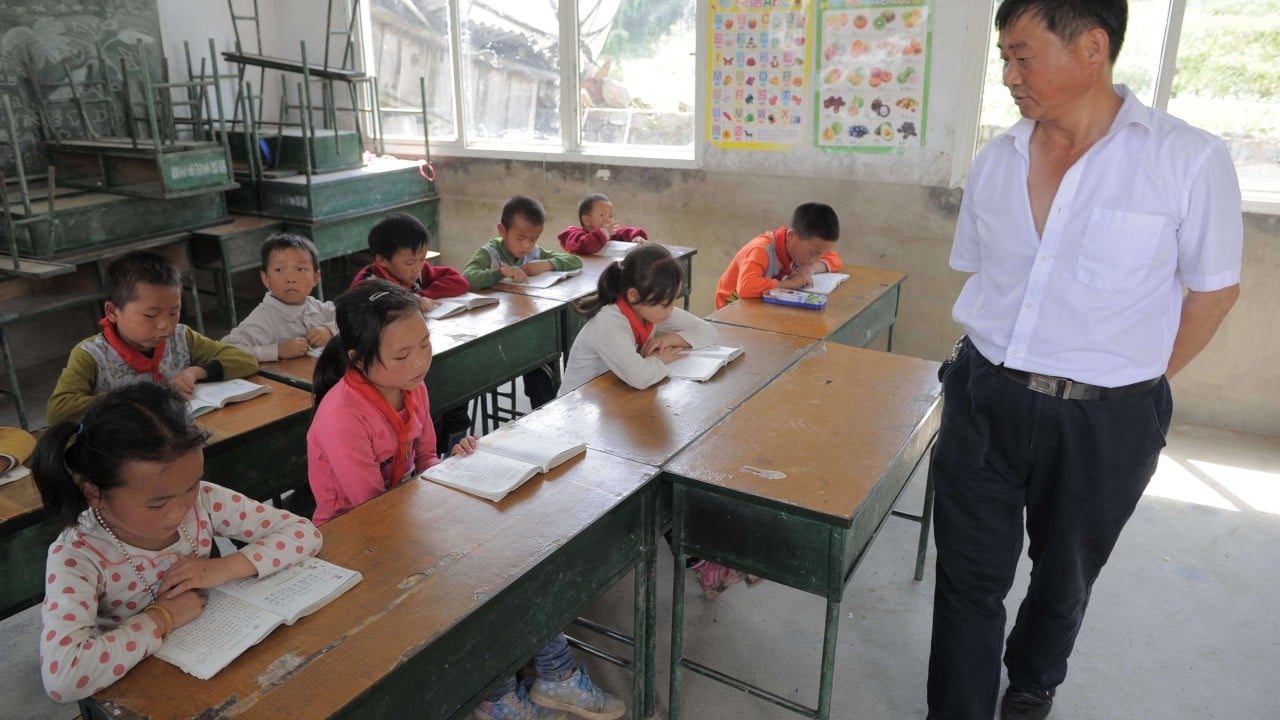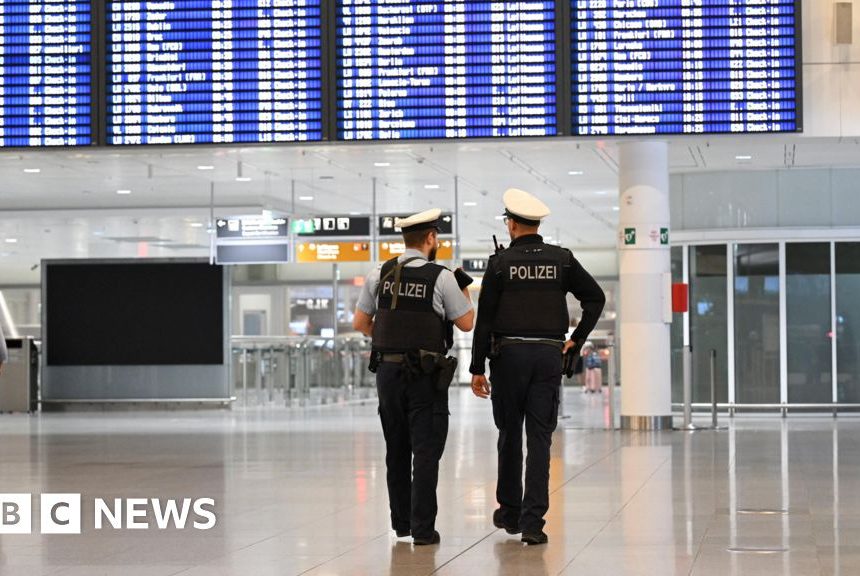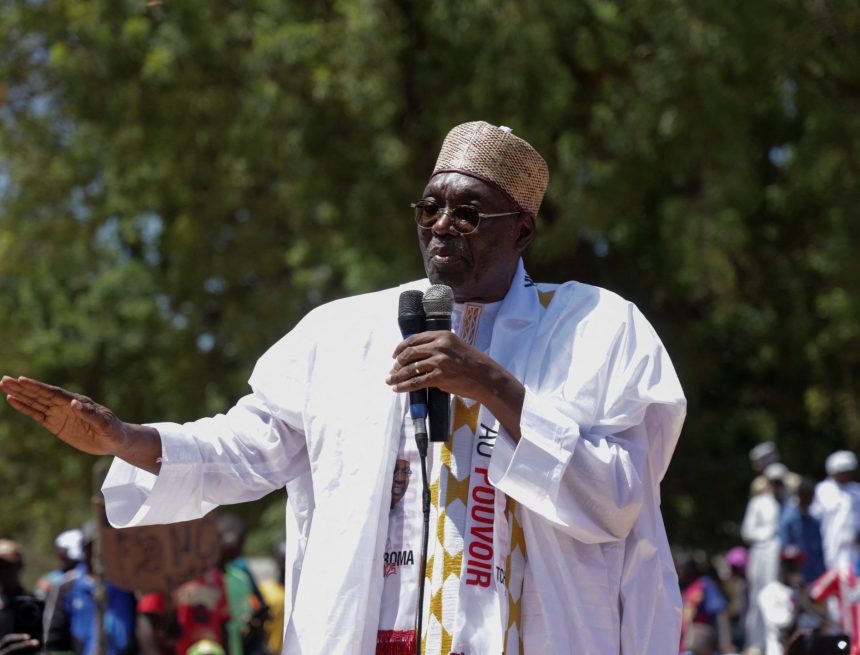
In 2021, when most of his peers were settling into retirement, 64-year-old Li Ming chose a different path. The law professor – already retired from a leading Beijing university – boarded a six-hour flight from the bustling capital to Tumxuk, a small city deep in western Xinjiang.
This year alone, Beijing plans to re-employ 7,000 retired teachers aged 65 and under to work in county towns and rural schools nationwide, according to a recent notice by the Ministry of Education and the Ministry of Finance.
“One of the biggest differences between urban education and rural education is the quality of the teachers,” said Scott Rozelle, the co-director of the Stanford Centre on China’s Economy and Institutions and its Rural Education Action Program.
As China transitions into a high-income economy, narrowing educational disparities has become an urgent priority, he added, since human capital is an increasing driver of growth and social stability.
“When one looks at the share of the labour force that has been to high school, one worries that China’s human capital is not enough to keep it growing on a rapid path for the next several decades,” Rozelle said.


